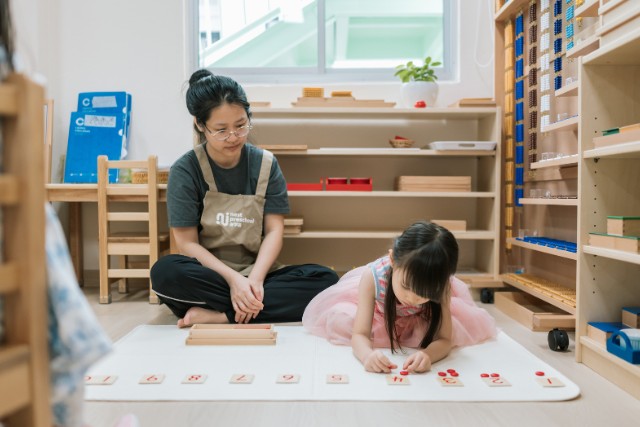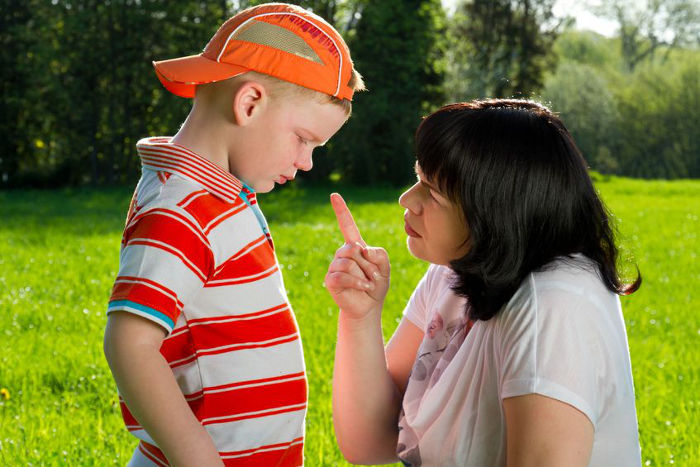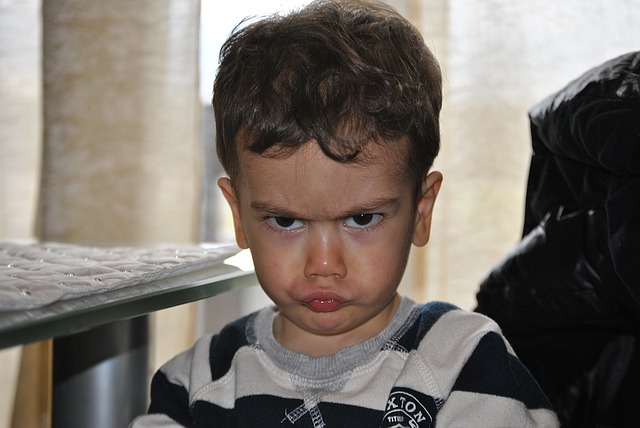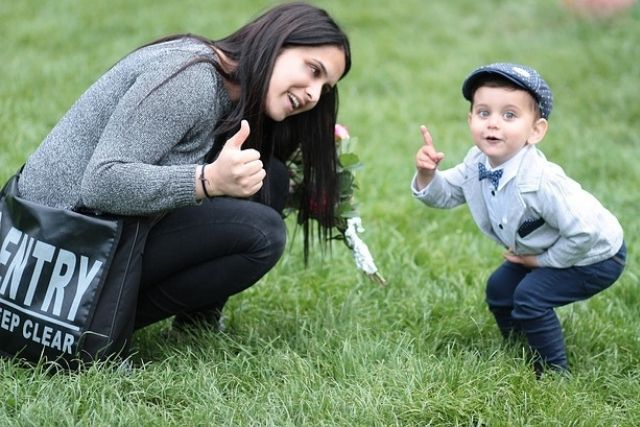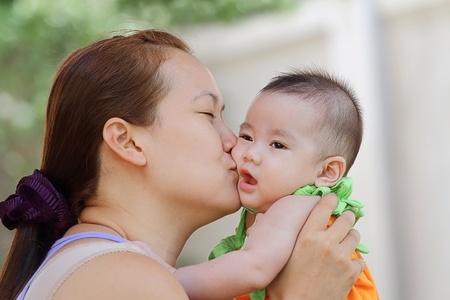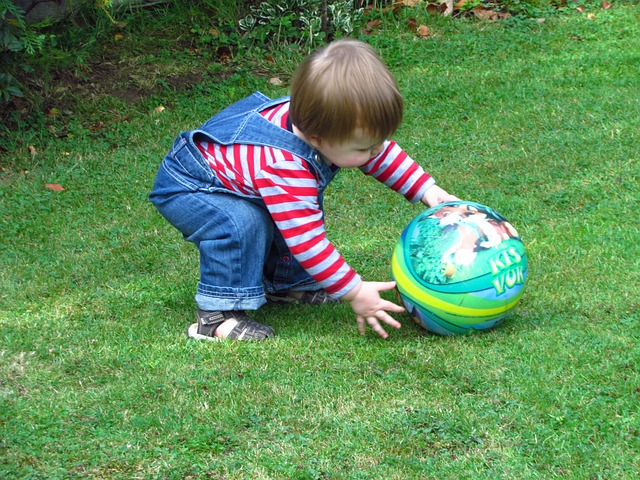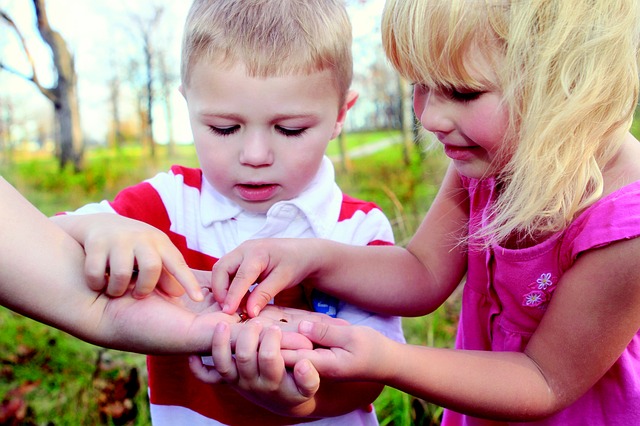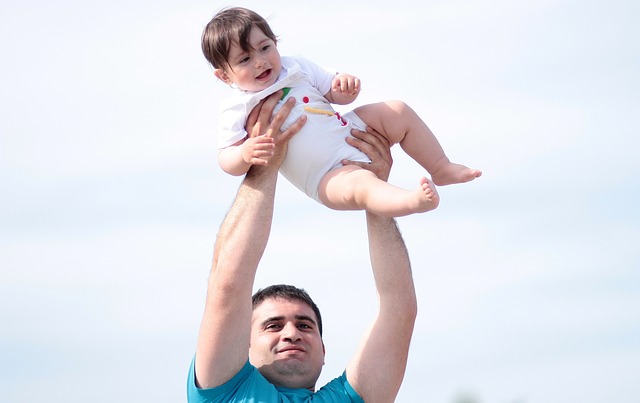“Spare the rod and spoil the child” is the proverb often quoted when the topic of discipline comes around. But in today’s culture, there is an increasing percentage of parents who are spurning the cane in favour of other styles of parenting that treat the child as an equal or go by real-world systems of rewards and consequences. So which way works best?

Like with most things, there’s no one-size-fits-all policy when it comes to choosing which style of discipline to enforce.
Factors like your personalities and the personality of your child, age, religious and moral convictions, social circles and personal childhood experiences all play a crucial role in guiding you in your choice of approach. Even within the same family, you may decide to use different approaches to parent your children at various ages – but then there’s the whole issue of double standards which you’ll have to address.
➡️ Related Read: Top 5 Common Parenting Discipline Mistakes
This article gives you an overview of three types of methods commonly used today. You might find that some things resonate more with you and your views on discipline. Ultimately, it’s not just what is done it’s how you do it.
Positive Discipline
The core belief of attachment parenting is that parents should treat their children the way they would want to be treated. Discipline is rooted in the context of a secure, trusting parent-child relationship, from birth, and seeks to guide the child in developing his or her own awareness of moral conscience, based on the child’s own internal system of self-control and capacity to empathize with others. Techniques used include prevention, distraction, talking it out, substitution and the allowance of natural consequences.

Creating emotions like fear and shame in children during the discipline process are deemed unnecessary as it can destroy a child’s self-esteem, with far-reaching consequences. It can also be detrimental to fostering a close bond between parent and child. Furthermore, using physical punishment can impress upon the child’s mind that violence is the solution to all problems.
Physical Discipline
While the use of the hand or instrument to mete out punishment for wrongdoings is not embraced by an increasing number of young parents today, these ‘traditional’ forms of discipline are still strongly upheld by many, especially in the largely Asian society in which we live.

“Young children are not yet able to reason with their mind at that age, so it’s no use talking to them about what they have done alone, for most offences,” says Ruby*, mum to five children aged 1-12 years, “but if you give them smack of the ruler or cane, they’ll definitely get the message not to do it again. However, you must be careful not to discipline in anger – wait until you have calmed down emotionally yourself. And always kiss or hug to make up after that.”
➡️ Related Read: Caning Destroyed The Trust in My Kids: A Father’s Sharing
Physical discipline, when done out of love and reinforced with an explanation for the punishment, can indeed be a powerful and more immediate way of stopping a child’s misbehaviour. In some instances, such as warning the child not to touch the empty sockets or to play with the stove, it may possibly be the most effective and instant way of handling the situation.
Rewards & Consequences
Various systems of rewards, such as sticker charts, can affirm positive behaviour, while negative consequences like the withdrawal of privileges can be an effective way to train a child to make good choices for himself. However, the jury is not out as to when a child is mentally mature enough to make these choices. You, as the parent, would be the best gauge.

Time-outs, especially, can be a powerful way of teaching your child that certain unacceptable behaviours will cause them to temporarily miss out on the fun of an interesting activity or being around other people.
Any punishments or rewards are best given calmly and following immediately after the misbehaviour. Empty or inconsistent threats (“The policeman will come and catch you”) are useless, and will ‘teach’ your child to ignore your attempts at discipline. Always be prepared to act on what you have said.
➡️ Related Read: How to Discipline Well
*Name has been changed
By Dorothea Chow.
This article was first published in The New Age Parents e-magazine.
Enjoyed reading this or learned something new? Click the Like and Share button below!
Want to be heard 👂 and seen 👀 by over 100,000 parents in Singapore? We can help! Leave your contact here and we’ll be in touch.













